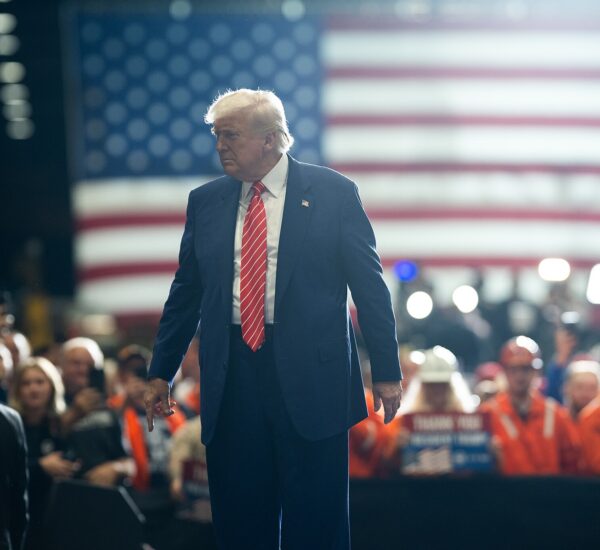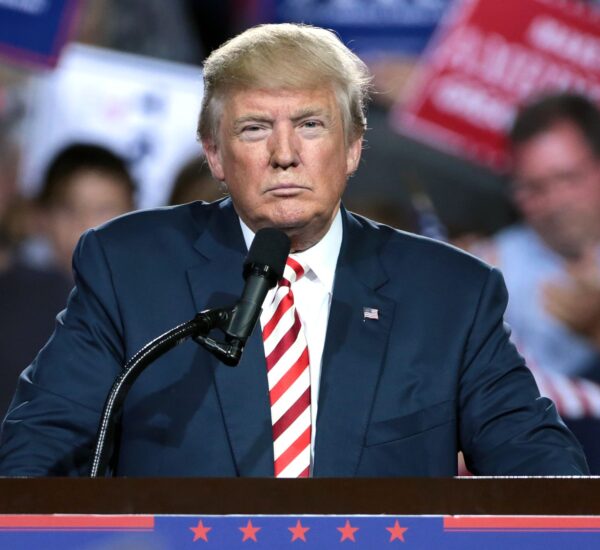White House Calls Out Trump
In a recent address to the Economic Club of New York, former President Donald Trump proposed a controversial approach to making child care more affordable by leveraging tariffs on foreign countries. During the event, Trump was asked about his plans to tackle the high costs of child care. His response focused on the economic impact of tariffs, suggesting that increased tariffs on foreign nations could generate revenue sufficient to address child care expenses.
Trump explained his stance by asserting, “When you talk about the numbers I’m talking about, child care is crucial, and you have to have it in this country. The kind of revenue we can generate through tariffs on foreign nations, which they will quickly adapt to, could cover these costs.” However, Trump’s proposal was met with skepticism and criticism from various quarters, including the White House and Democratic leaders.
White House senior deputy press secretary Andrew Bates criticized Trump’s response, arguing that tariffs could ultimately lead to higher costs for American families. In an interview on MSNBC, Bates highlighted that economists from across the political spectrum have warned that such tariffs would likely increase the prices of goods, including those essential for child care. “If you can make sense of Trump’s answer, you’re a better detective than I am,” Bates said, referring to the potential $4,000 tax increase on working families due to the proposed tariffs.
Democratic Representative Sean Casten also weighed in, calling Trump’s proposal “towering stupidity” and accusing him of offering a “word salad” devoid of coherent ideas. “Vote for smart people,” Casten urged on social media.
The debate over child care costs is expected to be a significant issue leading up to the November election. Vice President Kamala Harris, the Democratic nominee, has proposed restoring the $3,600 child tax credit for families, a benefit that expired in 2021 under the American Rescue Plan. Additionally, Harris advocates for providing up to $6,000 in tax relief for middle- and low-income families during the first year of their child’s life.
Trump’s emphasis on tariffs has been a longstanding element of his economic policy. He reiterated his commitment to using tariffs to address trade imbalances and protect American jobs, signaling that he would continue this approach if elected to a second term.





